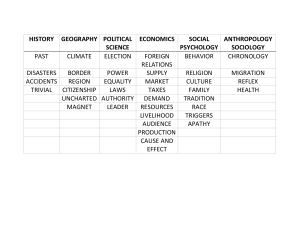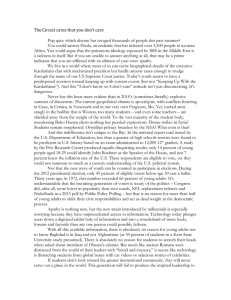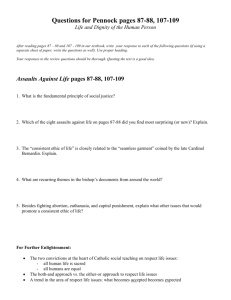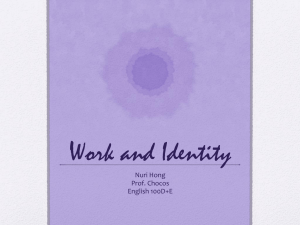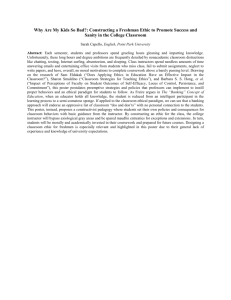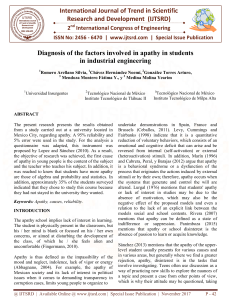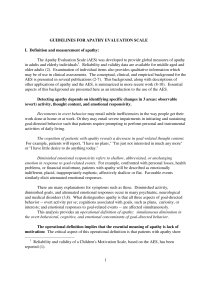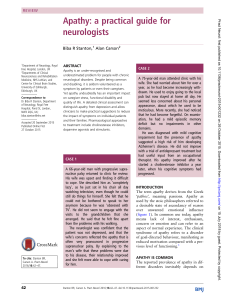Oche Onazi and Antipathy
advertisement
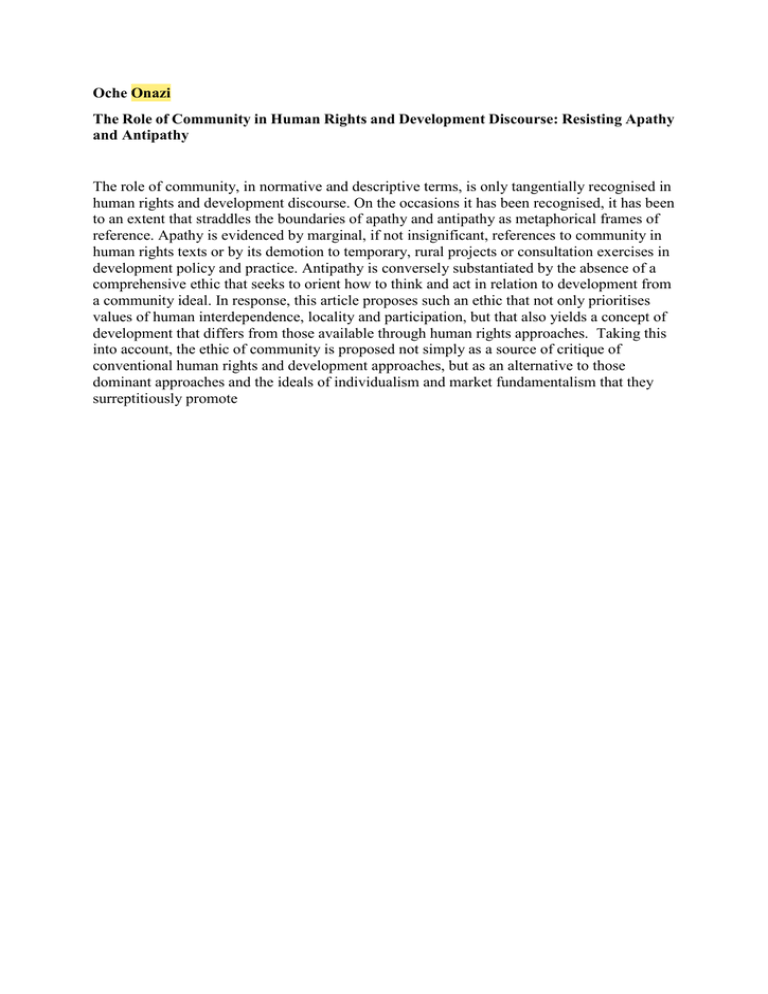
Oche Onazi The Role of Community in Human Rights and Development Discourse: Resisting Apathy and Antipathy The role of community, in normative and descriptive terms, is only tangentially recognised in human rights and development discourse. On the occasions it has been recognised, it has been to an extent that straddles the boundaries of apathy and antipathy as metaphorical frames of reference. Apathy is evidenced by marginal, if not insignificant, references to community in human rights texts or by its demotion to temporary, rural projects or consultation exercises in development policy and practice. Antipathy is conversely substantiated by the absence of a comprehensive ethic that seeks to orient how to think and act in relation to development from a community ideal. In response, this article proposes such an ethic that not only prioritises values of human interdependence, locality and participation, but that also yields a concept of development that differs from those available through human rights approaches. Taking this into account, the ethic of community is proposed not simply as a source of critique of conventional human rights and development approaches, but as an alternative to those dominant approaches and the ideals of individualism and market fundamentalism that they surreptitiously promote
